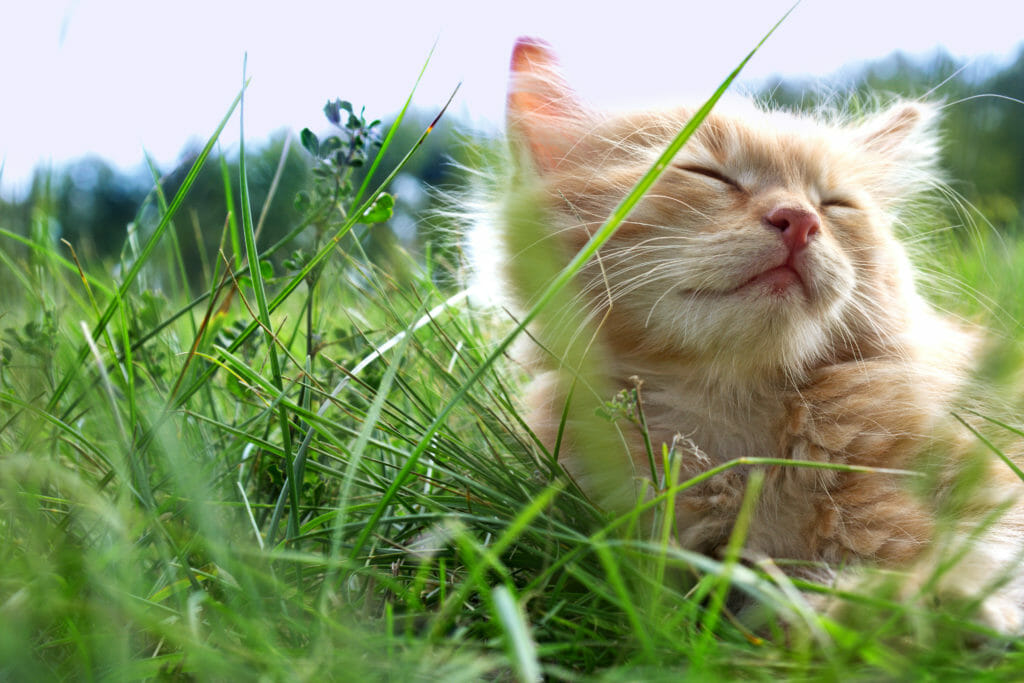Canine Parvovirus (CPV) is a highly contagious virus. There are two forms; intestinal and cardiac. The intestinal form causes vomiting, bloody diarrhea, weight loss and anorexia. The cardiac form, which is rare, attacks the heart muscles. We will focus on the intestinal form as it is much more common in dogs.
Puppies between the ages of 6 weeks and 6 months are more likely to contract CPV. The virus affects the body’s ability to absorb nutrients which can quickly cause dehydration. They may also get a low body temperature. The virus is transmitted by direct contact with an infected dog and indirect contact by the fecal-oral route. Indirectly, you can have it on your shoes and track it into the house. The virus can also live in the soil for up to a year. Bleach is the only known disinfectant to kill the virus.
The reason most puppies and dogs contract CPV is improper vaccine protocol. For unknown reasons there are certain breeds that tend to be more susceptible. These include Rottweilers, Dobermans, Pit Bulls, Labrador Retrievers, German Shepherds, English Springer Spaniels and Alaskan sled dogs.
Your veterinarian can diagnose based on clinical signs with an exam, blood work and fecal testing. Since this is a virus, there is no real cure. Your veterinarian can treat the symptoms and any secondary bacterial infections. Most cases are treated with fluid therapy and medications to treat the vomiting and diarrhea. Survival rate in dogs is around 70%. Survival rates in puppies can be much lower as their immune system is less developed.
After treatment, it is important to boost the immune system as well as feed an easily digestible diet. It is also important to isolate the dog for a period of time as the risk of transmission can go for another 2 months. You should also make sure all bedding, toys, bowls and anything the dog touches is washed well. It might be good to inform your neighbours if they have dogs to get them checked.
Prevention of CPV can be as easy as following proper vaccine protocols. Puppies should be vaccinated at around 6, 9, and 12 weeks. There should be no social contact with outside dogs until at least 2 weeks after their final puppy vaccines.
It can be scary to watch your puppy get sick quickly so it is vital you get all the information about vaccines by making an appointment with your veterinarian as soon as you get that new puppy.
Written by Dartmouth Veterinary Hospital



